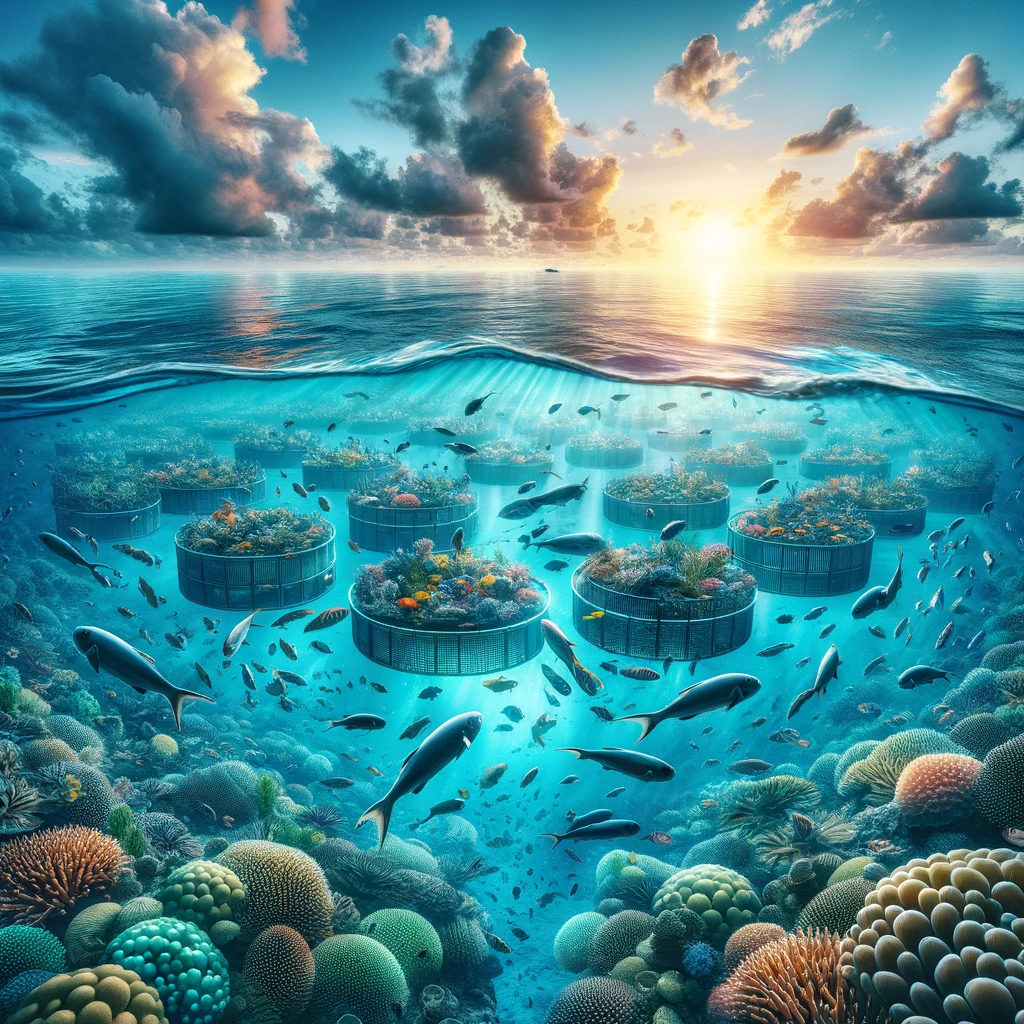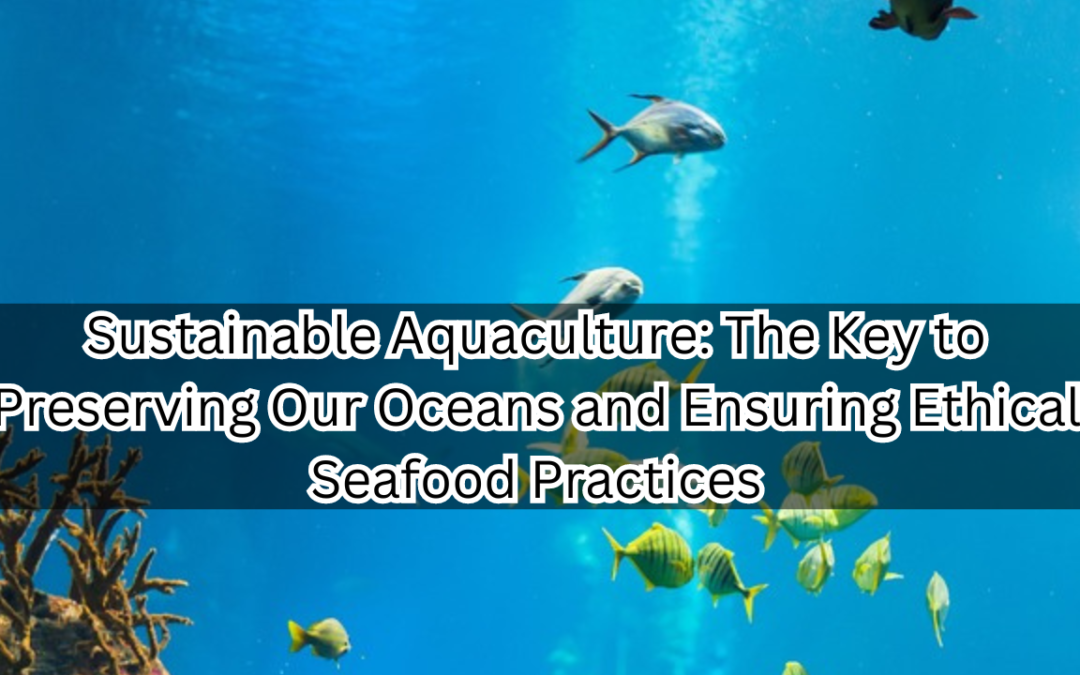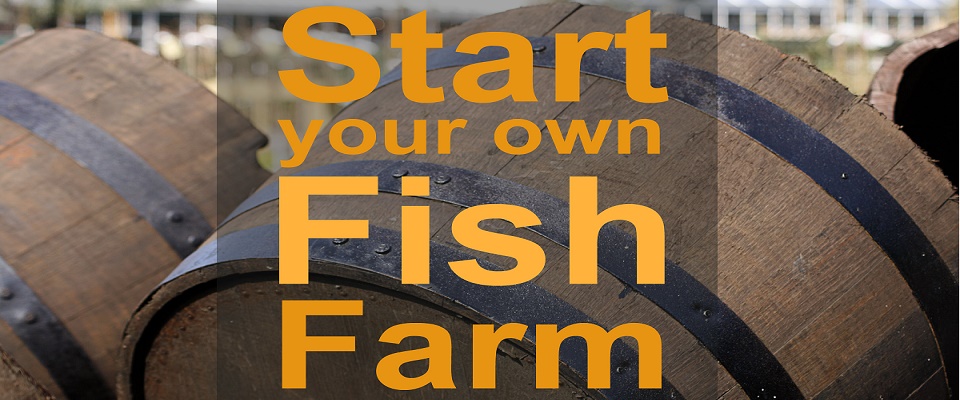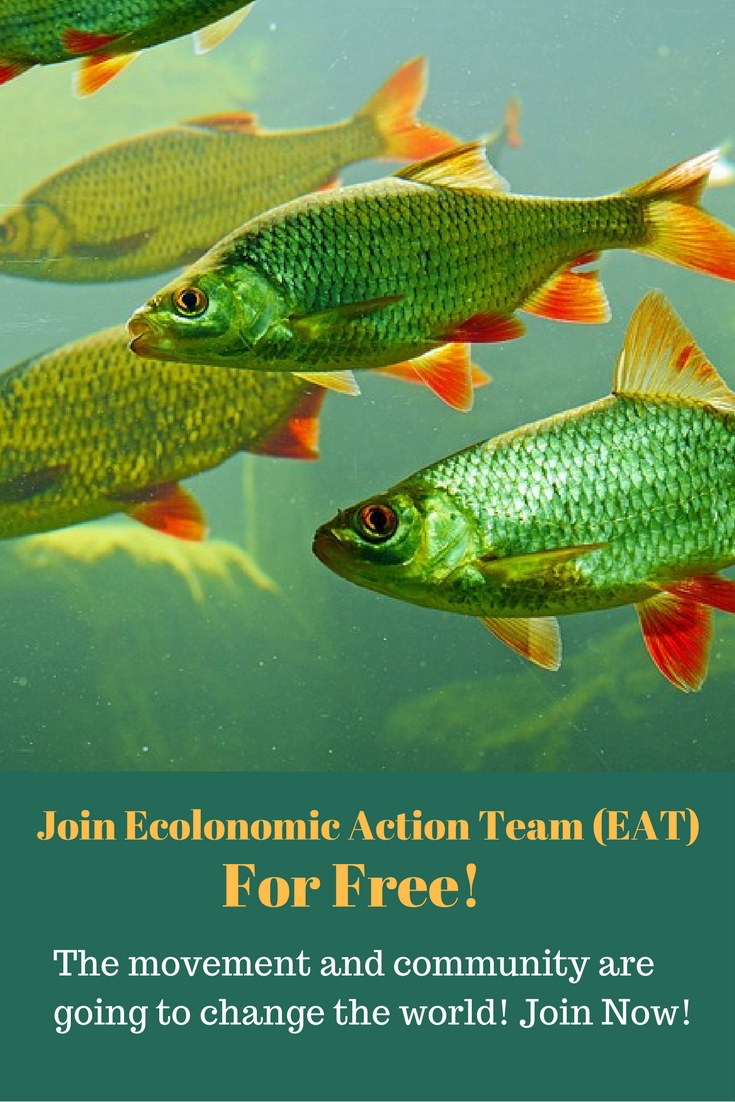Sustainable aquaculture stands as a beacon of hope in the quest to balance our planet’s nutritional demands with the imperative to protect its most precious resource: the ocean. In an age where environmental consciousness shapes the choices of consumers and producers alike, sustainable aquaculture emerges not merely as a practice but as a principle guiding the way we harvest the bounty of the sea. It is a commitment to the future, ensuring that our oceans remain vibrant and teeming with life, capable of feeding generations to come without compromising the health of marine ecosystems. This approach to aquaculture is transforming the industry, marrying the needs of human consumption with the limits of our natural world in a dance of ethical stewardship and innovation.
In an era where the echo of environmental sustainability reverberates louder than ever, the seafood industry finds itself at a crucial crossroads. Consumers, now more informed and conscious, demand fish products sourced with a keen eye on environmental and social responsibility. This growing demand has spurred the creation of aquaculture certification programs and sustainable seafood labeling initiatives, ensuring that the journey from ocean to plate adheres to the highest standards of sustainability.
The Essence of Sustainable Aquaculture Certification
Imagine a world where every fish farmer holds the key to not just nurturing marine life but also safeguarding our oceans. This is where aquaculture certification plays a pivotal role. By embracing sustainable fish farming practices, fish farmers not only contribute to the health of our planet but also unlock new markets for their products. Certifications like those from the Aquaculture Stewardship Council (ASC), Global Aquaculture Alliance (GAA), and Best Aquaculture Practices (BAP) stand as testaments to responsible seafood production.
A Closer Look at Accreditation
“Choosing ASC-certified products means supporting fisheries that respect and protect marine biodiversity,” explains an industry expert. Such certifications assure consumers that their seafood purchases meet stringent social and environmental criteria, fostering trust and transparency within the seafood industry.

Labeling: The Compass for Conscious Consumers
Beyond certification, sustainable seafood labeling initiatives play a crucial role in guiding consumers. Programs like Seafood Watch and the Marine Stewardship Council (MSC) use detailed labeling and grading systems to spotlight the sustainability of seafood. Whether it’s wild-caught or responsibly farmed, these labels serve as beacons, illuminating the path to sustainable consumption.
The Journey Ahead
Despite the strides made, the voyage towards fully sustainable seafood practices is far from over. Continuous improvement, transparency, and consumer education remain pivotal. Organizations such as the Ecolonomics Action Team spearhead efforts to enlighten both consumers and producers about the virtues of sustainable aquaculture, emphasizing that the choices we make today dictate the health of our oceans tomorrow.
Sharing Knowledge, Shaping Futures
As part of the collective journey towards sustainability, experienced farmers share their insights and innovations, proving that sustainable farming is not just a choice but a commitment to future generations. “Adopting sustainable practices is our duty to the planet,” shares a seasoned aquaculture farmer, highlighting the interconnectedness of our actions and the well-being of marine ecosystems.
Your Role in the Sustainable Seafood Movement
Every consumer has the power to influence the market. By choosing certified and responsibly labeled seafood, you contribute to a healthier planet and support ethical farming practices. It’s a simple yet impactful way to make a difference.
Dive Deeper with Us
Join us in our mission to safeguard the future of our oceans. Your choices today shape the world of tomorrow.
Are you ready to be part of the solution? Visit EAT Community to learn more about how you can support sustainable aquaculture and help pave the way for a more responsible seafood industry. Together, let’s ensure that our oceans continue to thrive for generations to come.
Related Articles and Resources:
- Harnessing the Power of Aquatic Ecology: Redevelopment for a Greener Future
- The Future of Seafood: How Sustainable Aquaculture Is Saving Our Oceans
- Shrimp Aquaculture: Navigating the Global Market Waters
- Understanding the Role of Aquaculture for Sustainable Seafood
- Why we need consumer education for consumer wellbeing
- Urban Miracles: How Regenerative Agriculture Sowing Seeds of Joy and Sustainability in Our Cities



